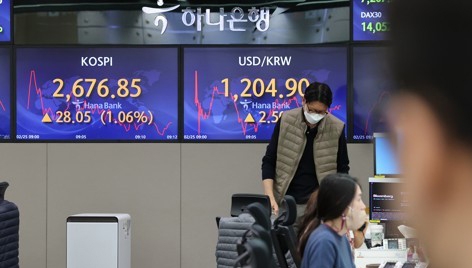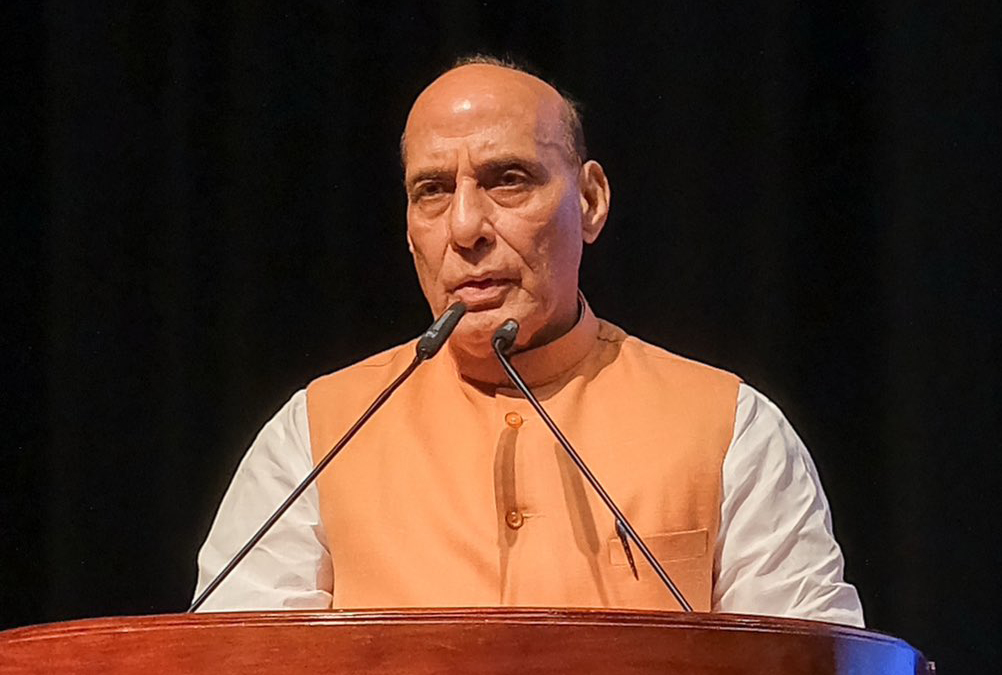The foreign exchange reserves went up by $140 million in the reporting week….reports Asian Lite News
India’s foreign exchange reserves rose for a fifth straight week to touch the $642.63 billion mark as of March 22, according to RBI data released on Friday.
The foreign exchange reserves went up by $140 million in the reporting week. The increase is largely due to the value of the gold reserves, which also form part of the foreign exchange kitty, rising by $347 million.
The foreign currency portion of the total reserves, however, declined by $123 million during the week. Expressed in dollar terms, the foreign currency assets include the effect of appreciation or depreciation of non-US units like the euro, pound and yen held in the foreign exchange reserves. Similarly, SDRs were also down by $57 million.
In the preceding week that ended on March 15, the forex reserves had increased by a more robust $6.4 billion to scale a record high of $642.49 billion. Prior to this, the forex kitty had risen by $20 billion in the previous three weeks.
Rising foreign exchange reserves are positive for the economy as they reflect an ample supply of dollars that help to strengthen the rupee.
An increase in the foreign exchange reserves gives the RBI more headroom to stabilise the rupee when it turns volatile.
This is because the RBI intervenes in the spot and forward currency markets by releasing more dollars to prevent the rupee from going into a free fall.
Conversely, a declining forex kitty leaves the RBI less space to intervene in the market to prop up the rupee.
India’s forex reserves, including the central bank’s forward holdings, can now cover more than 11 months of imports, which is close to a two-year high.

Foreigners Net Buy Over 15 Trillion Won of South Korean Stocks
Foreigners net purchased over 15 trillion won ($11.7 billion) worth of local shares in the first three months of the year in South Korea, breaching the 15 trillion-won mark for the first time in history, data showed on Saturday.
Foreign investors scooped up a net 15.77 trillion won worth of shares in the first quarter, the highest quarterly figure since the country’s main stock exchange KRX began compiling such data in 1998.
The previous record was 14.79 trillion won tallied in the third quarter of 2009, according to the KRX, reports Yonhap news agency.
Foreigners mostly purchased shares in semiconductor and auto industries, along with low price-to-book (PBR) stocks that are expected to benefit from the government-led corporate value-up program.
They scooped up 5.5 trillion won worth of shares of Samsung Electronics, the world’s largest supplier of memory chips, followed by 2.14 trillion won worth of leading carmaker Hyundai Motor and 1.75 trillion won worth of shares in No. 2 chipmaker SK hynix.
The stock price of the 10 most purchased shares increased by an average 22.6 percent during the cited period, compared with a 3.4 percent gain for all listed firms on the main KOSPI market.
Experts, however, expect foreign buying to slow down in the second quarter.
“The rise in foreign buying is likely to slow down in the second quarter. They may seek to cash in gains before the end of the second quarter, collecting part of the fund they invested in the market due to the temporary ban on stock short selling, which is set to end at the end of the second quarter,” said Byun Joon-ho, an analyst at IBK Securities.
“They may also start selling (local shares) since the U.S. Federal Reserve may start cutting rates in the second quarter,” he added.
ALSO READ: Wipro, IISc Partner for AI Education Program














